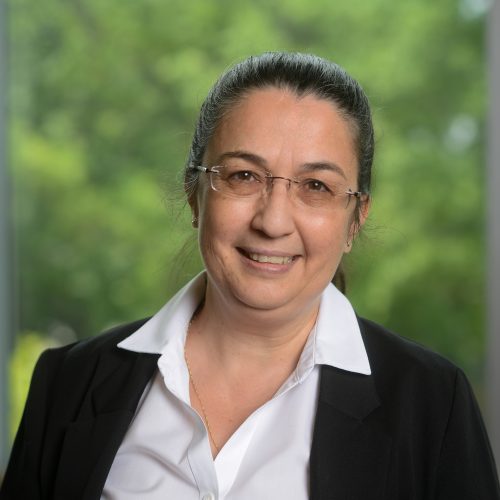Maria Avramova
Professor of Nuclear Engineering, University Faculty Scholar, Director of Consortium for Nuclear Power, Coordinator of CTF User’s Group

- 919-513-6354
- mnavramo@ncsu.edu
- Burlington Laboratory 2107
- Visit My Website
Dr. Avramova is currently an Associate Professor and Director of Reactor Dynamics and Fuel Modeling Group (RDFMG) at North Carolina State University. She earned her Ph.D. degree in nuclear engineering from Pennsylvania State University (PSU) in 2007. Prior to joining PSU in January 2001, she held a research scientist position at the Institute of Nuclear Research and Nuclear Energy, Bulgarian Academy of Science, Sofia, Bulgaria. After her graduation, Dr. Avramova has held positions at PSU of post-doctoral scholar, Assistant Professor, and Associate Professor of Nuclear Engineering.
Over the past years, she has led high visibility international projects such as the Organization for Economic Co-operation and Development, Nuclear Energy Agency (OECD-NEA) / United States Nuclear Regulatory Commission (U.S. NRC) BWR Full-size Fine-mesh Bundle Test (BFBT) benchmark and the OECD-NEA/U.S.NRC PWR Subchannel and Bundle Tests (PSBT) benchmark. She is also one of the coordinators of the OECD LWR Uncertainty Analysis in Modeling (UAM) Benchmark, which is on-going and will continue for next few years.
Dr. Avramova has taught undergraduate, graduate, and post-graduate courses in the areas of introduction to nuclear engineering, advanced reactor design, design principles of reactor systems, reactor core thermal-hydraulics and uncertainty quantification, reactor kinetics and dynamics, nuclear fuel performance, and high fidelity multi-physics nuclear reactor simulations. Dr. Avramova has advised and graduated 10 PhD students, 15 MS students, and 38 MEng students. Dr. Avramova has published more than 100 papers in peer-reviewed journals and proceedings of international conferences.
Education
Nuclear Engineering
Pennsylvania State University
Research Description
Dr. Avramova's research areas include reactor thermal-hydraulics; core design; transient and safety analysis; multi-physics and multi-scale simulations; verification and validation; and uncertainty and sensitivity analysis.
